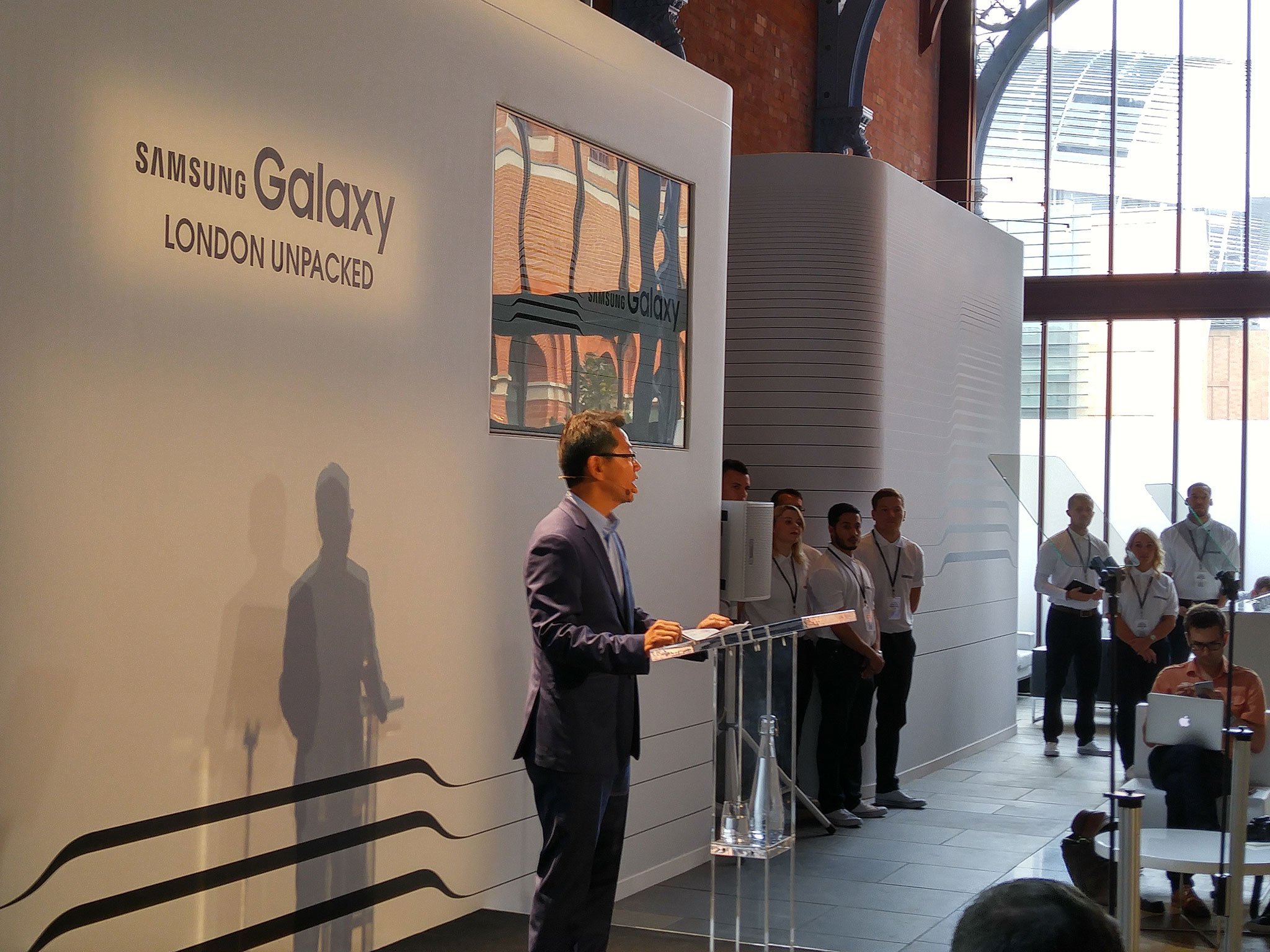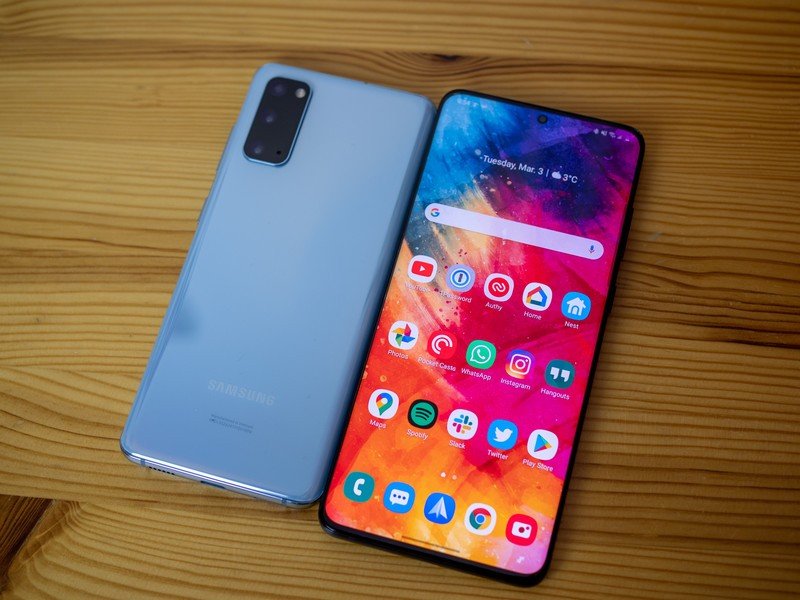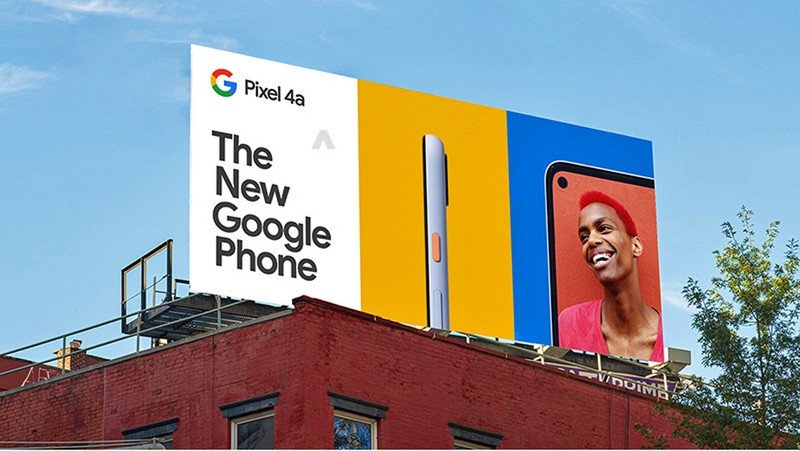In the age of coronavirus, why are companies still releasing new phones?

Samsung really dodged a bullet in 2020. The company always releases its "regular" Galaxy line of phones at the beginning of the year, usually with an announcement and presentation right around the time of MWC. It then releases the Galaxy Note, complete with its own presentation and event later as summer is winding down.
This year Samsung was able to get the Galaxy S20 phones built, boxed, announced, and on the shelves before the world was forced to react to the latest coronavirus spread and the COVID-19 illness it has created. Things could have looked a lot different for Samsung, and they are a lot different for every other company with a product to announce during the first half of 2020.
Coronavirus and tech: Ongoing list of event cancellations, disruptions, product delays, and more

In the Android world, Samsung's Galaxy S line is the major announcement of the year, but it's certainly not the only phone announcement and not even the only phone(s) that we get excited about during the first six months of the season. Google will have the Pixel 4a, LG has gone ahead with plans to release the V60, OnePlus has the 8 and 8 Pro coming, and even Motorola has a few phones in the works. And the coronavirus pandemic will affect every single one of them.
Most phones coming in 2020 are already being built. How far along they are will determine when we get to see them.
We have to assume that all of these phones are already at some point in the production chain. If not, it's time to prepare for news that they are to be held back or canceled outright. It takes a long time to design and build a smartphone, and what you see as brand new today was being developed at least six months ago.
It's also easy to say that if a company, say Google and the Pixel 4a, have phones that will be built on schedule, it should go on and launch as planned. We get to see a new set of commercials and read some first-day reviews, and a lucky few of us who order on day one will be able to get a new Pixel 4a. Then everyone else waits until the entire supply chain can overcome the mountains of backlog COVID-19 has caused, and more Pixel 4a phones can be built.
In case you've never had to pay attention to a massive phone launch, the above scenario is a monumental disaster as far as fans go. Google not having enough Pixel phones at hand or Samsung having to backorder a Galaxy Note 20 is worse than the Grinch stealing Christmas and our birthdays, and even taking away our puppies and kitties. Fans who have been waiting for a particular product can be pretty loud and demanding.
Be an expert in 5 minutes
Get the latest news from Android Central, your trusted companion in the world of Android

That's especially true when it's warranted, and it would probably be warranted if COVID-19 interrupted the release or flow of stock of a new smartphone because it takes a good bit of time to turn gallium, gold, and cobalt into components that are turned into parts which go into a working smartphone. With so many different vectors where a delay can have a significant effect, expect to see delays that have a tremendous impact.
Nobody likes seeing a phone's launch be botched by low supply.
Nobody wants to see that. The manufacturer of a phone you want to buy hates the idea, the fans waiting to purchase it hate the idea, and even the media outlets like Android Central that have to write about a phone that's impossible to buy hate the idea. The only winner is whoever can release the next phone the fastest and gobble up your attention and your dollars.
I don't think COVID-19 will cause any product cancellations. But I'll bet that we do see products delayed — and with good reason — because of the fallout associated with both the manufacturing center of the globe falling to its knees and having to cancel events that promote the products themselves. Keep an eye on the Chinese market and companies like Xiaomi or Google-free Huawei for an idea of how long it takes before the west moves back to normal — for they will spring back first.

Jerry is an amateur woodworker and struggling shade tree mechanic. There's nothing he can't take apart, but many things he can't reassemble. You'll find him writing and speaking his loud opinion on Android Central and occasionally on Threads.
